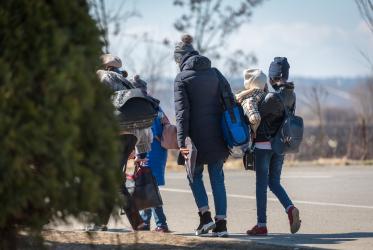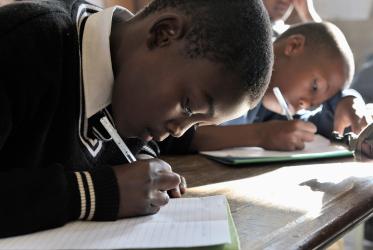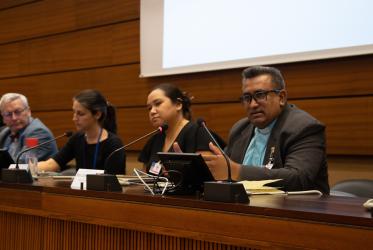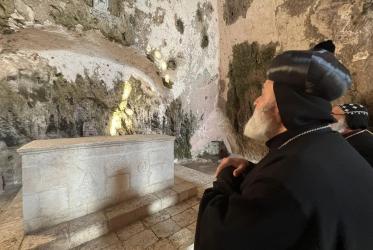Displaying 1 - 20 of 118
Consultation on strategic sngagement of the faith sector with migrants, refugees and other displaced populations for increased access to health and HIV services
12 - 14 March 2024
Ecumenical Center, Geneva, Switzerland
World Children’s Day symposium brings sparks of hope
21 November 2023
Ukraine: Responding to humanitarian need
08 September 2022














